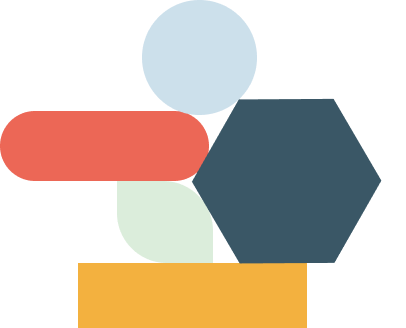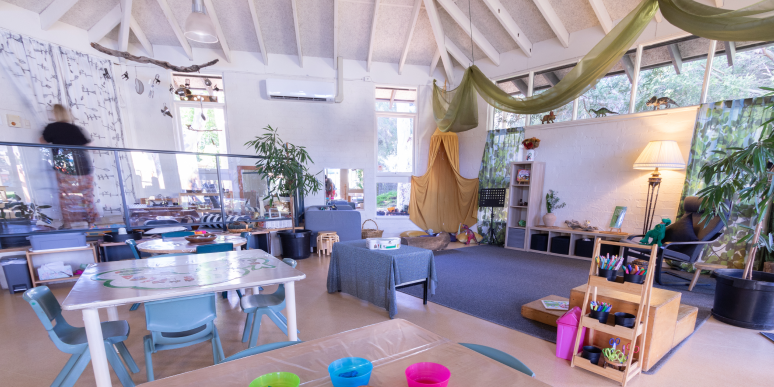Visit us
Lorem Ipsum is simply dummy text of the printing and typesetting industry. Lorem Ipsum has been the. mohit
Book a tour
Choosing a Reggio Emilia inspired school like Bold Park Community School, offers your child the chance to learn and grow in a supportive environment. It’s a place where each unique individual is respected and valued but they are also part of wider reaching community. It’s not only about education outcomes; it’s about preparing children for a bright future with practical life skills.
Originating in the heart of Italy, this innovative method puts children at the forefront of learning. Renowned for its high-quality education ethos, Reggio Emilia is more than a learning style used to implement the curriculum — it’s a journey that shapes inquisitive, engaged, and creative thinkers. This approach doesn’t offer a fixed model; instead, it shares a philosophy that is inherently adaptable, shaping itself according to the specific context and culture of our (Bold Park Community) School. It’s not just about teaching kids facts. It’s about helping them explore and understand the world around them.
Here’s our take on some key ideas behind the Reggio Emilia approach:
– Children as Leaders: Children influence and oversee their own learning journey. They have the power to discover and change things.
– 100 Languages: Learning isn’t just reading books or listening to teachers. There are countless ways to learn and communicate, like through art, music, and exploring the world. This idea embraces diverse sensory and expressive learning methods.
– Being Part of a Community: Children learn best when they feel like they belong. In a Reggio Emilia school, being part of a community is important.
– Listening and Understanding: Everyone in the school listens to each other with empathy. It helps us understand others, our world, and what we need to do.
– Learning in Tandem: Learning happens when we work with others – collaborating with children and adults alike.
– Research and Exploration: Learning isn’t just about memorizing facts. It’s about exploring and discovering new things every day.
– Showing What We Learn: By documenting our learning journey, we make it visible and show its value.
– Planning and Designing Learning: Teachers carefully plan and design learning activities to fit the needs of each child, whilst also providing the space and time to refine the plan along the way.
– Growing Together: Teachers also keep learning and improving to make sure they’re doing their best for the children.
– AND –
– Progettazione or the Environment as Third Teacher: It’s all about careful planning and organising things at school in a way that helps all students learn in their own unique style. It’s about making the spaces where we learn in (both inside and outdoors) as a welcoming place where every student feels included and important. It should make us feel safe, comfortable, and happy – where the lessons are planned with everyone’s ideas and backgrounds in mind. This helps teachers create lessons that are interesting and useful for every student.
The Reggio Emilia principles embraced by Bold Park aren’t just part of a curriculum—they’re embedded in every aspect of learning, encouraging children to become curious scholars of life, adept at articulation, and imbued with a lifelong passion for discovery.
Bold Park Community School isn’t merely an educational establishment; it’s a gateway to a world of exploration, where each child’s potential is revered, and every day unfolds as an enriching chapter in a lifelong narrative of learning.
We welcome your child into a realm where education is a collaborative, enchanting quest—an odyssey of growth and joy at every turn.

Come And Experience The Bold Park Difference For Yourself.
Book A TourSpeak to our Community Engagement Coordinator
E-mail: CommunityEngagement@BoldPark.com
Phone: +61 8 9387 5050